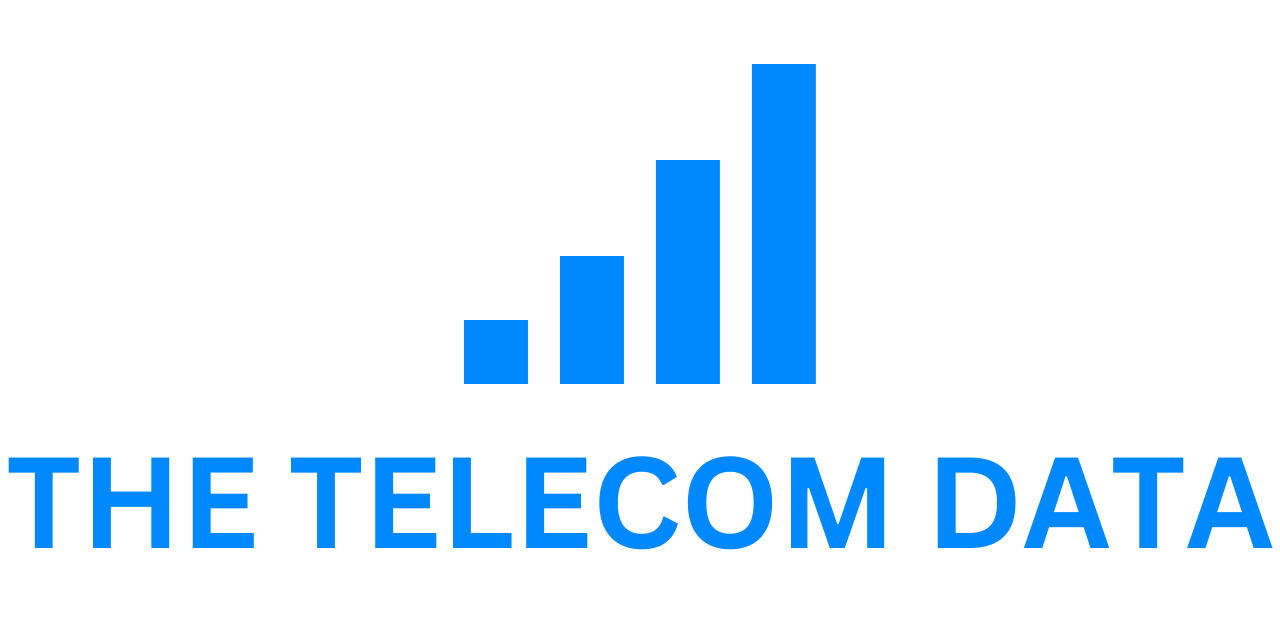The concept of “age change” has been a consistent social phenomenon since the Renaissance. As modern knowledge spread across the globe, it led to pivotal transformations like the Scientific Revolution, the Industrial Revolution, and the digital age we live in today. Despite these monumental shifts, one constant remains: humanity’s inherent ability to adapt through learning.
Amidst the current wave of change driven by Artificial Intelligence (AI), True Blog engaged with three young individuals who firmly believe in the boundless potential of human learning.
From German Literature to Data Engineering: Pitchaya Charoonpongsak’s Journey
Pitchaya Charoonpongsak, also known as Anik, grew up in an academic environment with parents who were university lecturers. Her childhood dream was to become a national teacher, a goal she pursued diligently by earning her bachelor’s and master’s degrees in German from the Faculty of Arts at Chulalongkorn University. She eventually achieved this dream, teaching at a secondary school and lecturing in German courses at her alma mater.
Pitchaya’s early exposure to classical music sparked her interest in German studies, which soon expanded to encompass scientific advancements. She admired Germany’s structured knowledge management system, which allows generations to access centuries-old knowledge through libraries. This intellectual curiosity extended to understanding societal changes through language usage trends.
However, over time, Pitchaya felt her world was becoming “narrower” due to her prolonged focus on teaching. Observing her friends thriving in diverse fields like human resources, marketing, and diplomacy, she decided to pause her teaching career and seek new experiences. This led her to the True Next Gen Project 2021, which invites young people from various fields to contribute to organizational development through rotational roles.
Pitchaya’s first assignment was with the Digital Council, where she learned about policy management and developed an interest in data. Her subsequent roles included developing the VLEARN Platform and working at the Digitalization Center, where she delved deeper into data.
Inspired to further her technical skills, Pitchaya joined the Data Science Immersive program. Despite initial challenges, she persevered, drawing on her linguistic background to identify patterns and understand database structures. Her master’s thesis, “Easy German,” exemplified this skill by studying language patterns to aid people with learning disabilities.
Pitchaya noted that while human and computer languages share structural similarities, they differ significantly in hardware knowledge and data transmission performance. She emphasized that a good data practitioner should have abstract thinking skills to view components holistically. After completing the intensive course, she joined the MorDee app software development team and now works as a data engineer, designing data flow systems for enhanced user convenience.
From Economics to Data Science: Chalermchan Wongsopa’s Transformation
Chalermchan Wongsopa, or Im, experienced a roller-coaster journey filled with hopes, disappointments, and unexpected turns. Holding two degrees in economics, he found himself increasingly fascinated by data. Although he followed the academic path, he struggled to find his dream job and faced a pivotal decision point. Initially, he chose economics, aspiring to work in government agencies like the Ministry of Finance or the National Economic and Social Development Board. However, after earning his bachelor’s degree, he felt unprepared for the professional world and decided to pursue a master’s degree in the same field.
“Economics is an interdisciplinary field that blends mathematics, statistics, and social science,” Chalermchan explained. “Students must know how to apply and adapt, which is the charm of economics.







